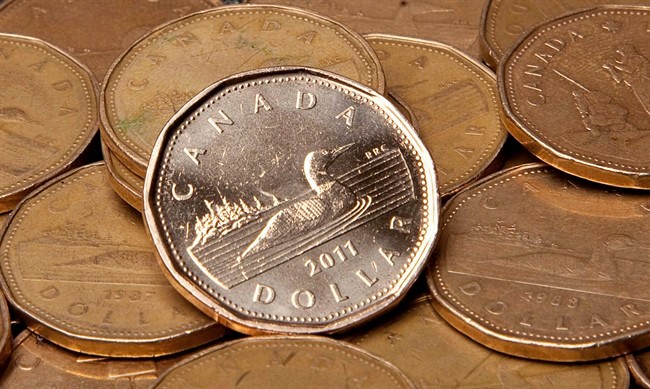For most British Columbians, 2014 is going to cost more.
After crunching the numbers, the Canadian Taxpayers Federation’s annual look at tax and fee changes estimates the average household will be on the hook for as much as $300 in increased costs this year.
“It’s another year of taxpayers falling further behind in British Columbia,” said Jordan Bateman, B.C. director of the CTF. “Anyone making more than $25,000 a year in B.C. will lose ground in 2014, thanks mainly to the province’s continued MSP [medical services plan] tax grab.”
The province is increasing medical premiums for the fifth consecutive year and families will now pay $138.50 a month, up 28 per cent since 2010.
The CTF’s annual New Year’s Tax Changes report suggests a family making $80,000 annually will see a total tax increase of $73 this year, a figure that does not include increases in ICBC, B.C. Hydro and B.C. Ferries rate hikes and municipal property tax increases.
“This year there’s a definite sense of deja vu in B.C. because a bunch of these tax increases were announced last year but don’t come into effect until this year,” said Bateman, who noted the $300 figure he cited is the estimated tax increase an average family will face this year with all fees and taxes taken into consideration.
In April, for example B.C. Hydro rates will increase nine per cent, part of a five-year plan that will see rates increase 28 per cent, while ICBC is seeking a 4.9 per cent increase in basic rates.
B.C. Ferries has just announced a fuel surcharge of 3.5 per cent on most of its routes and in April all seniors, who used to get free tickets on ferry routes Monday through Thursday will have to cover 50 per cent of the cost.
Postage rates are going up and the Victoria Transit Commission has talked about the need for an increase to the gasoline tax.
“The biggest frustration is I wish I could lock all these taxing agencies in a room together and have them talk specifically about that there is just one taxpayer,” said Bateman.
“Take ICBC as an example; it raises rates about $1 a month for the average driver and that’s not a big deal and I think most of us could survive that and understand it.
“The problem is they come across as though it’s the only tax increase happening in B.C. but they don’t factor in MSP, Hydro the EI/CPP changes and property taxes — it all adds up.”
Bateman said the answer could be to have the premier convene a summit bringing all taxing agencies together to have a conversation about priorities and ensuring tax money is going to the right place.
He said the province has done a great job of keeping income tax rates low, but his praise ended there.
“In most tax categories across the country we are the lowest or among the lowest, but the problem is these extra fees. It’s a bit disingenuous to claim we have the lowest income taxes when we’re charging families $140 a month in MSP premiums that no other province has,” he said.
Greater Victoria Chamber of Commerce CEO Bruce Carter suggested the biggest taxation problem is at the local level, noting property taxes are expected to once again increase to cover the cost of sewage treatment.
“We are concerned about escalating costs and how they are going to be passed onto the taxpayer,” he said.
Carter did note some municipalities have made strides in dealing with small business with rates basically frozen in Victoria and Saanich while places such as Langford have found ways to reduce costs — one licence required for the life of a business, for example. “That kind of competition is good for business,” he said.



